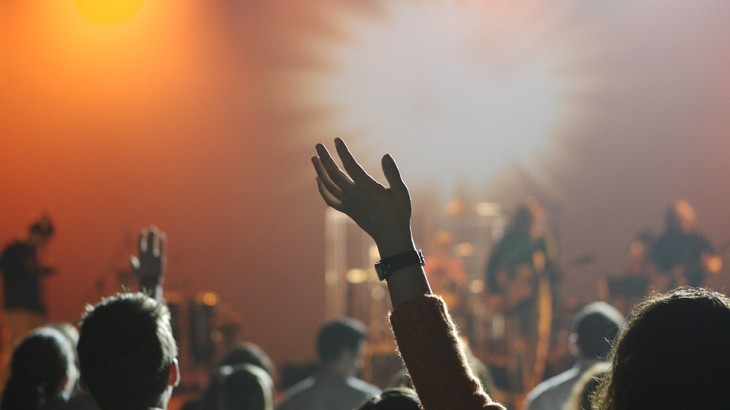Here we fucking go again guys: Broadly reports that reports of rape in London bars and clubs have gone up 136% over a five year period.
I’m not going to sit here and argue that this is because incidents of rape have necessarily increased. Personally, I don’t think that is the case. What’s more likely is that women are starting to FINALLY feel more confident in coming forward about these abhorrent actions.
I wish I could feel somewhat pleased about this.
I know it’s a step in the right direction. I would love to think that a marked increase in reports will increase in a marked increase in arrests, trials, and convictions and a subsequent decrease in rape incidences, but there is much evidence to support that even when rapes are reported, the very vast majority of rapists walk free.
The heartbreaking truth is that most rapes do go unreported – but that’s just the start. RAINN cite that only 344 out of 1000 rapes are reported (so roughly 1 in 3). Of the perpetrators reported, just 18.31% are arrested. To put that in perspective for you, 40.61% of those reported for battery/assault are arrested. When it gets down to brass tacks, 1.74% of reported rapists end up in jail.
I believe the justice system in every country could do with some serious fixing across the board, but the process set in motion when rapes are reported is falling down in so many places before incarceration is even on the table; it’s clear that this issue is being dealt with in a uniquely misguided and incompetent way.
I would never want to discourage anyone from reporting their rape or sexual assault to the police. I do, however, understand completely why someone might not want to report. In Broadly’s report, writer Sirin Kale says she heard some form of the following words during her investigation “depressingly often”: I didn’t think it was important enough to. Plus, I just wanted to get on with my night. We have been conditioned to ignore, to brush off, to essentially accept sexually violent behaviour as being the norm. Ask any woman if she’s ever been groped, grinded up against, grabbed, kissed, generally sexually intimidated or worse at a bar/club/gig/festival. You will very rarely hear a “no”, and most often you’ll hear it has happened multiple times.
And that’s just part of it – when we do report, we are subjected to questioning that implies guilt on the part of the victim. Did you encourage it in any way? What were you wearing? Then there’s the emotional, physiological and financial stress that the ordeal of accusing someone of rape can bring should it progress far enough. When there’s such a small chance of seeing justice carried out, it’s unsurprising that many opt to simply not report in the first place. That said, something must be changing if reports are increasing. I am endlessly proud of those who feel confident enough to come forward, but it just isn’t enough to change this insidious problem. We ALL have to speak up more – on all platforms.
Broadly questions whether many venues might actively discourage victims from speaking out. When someone is sexually assaulted at a venue, the next step is for that venue to go to the police. If this happens often enough, an investigation into whether that venue should be able to keep their license may be launched. Bryony Benyon, co-director of Good Night Out, says “I’ve heard cases of women being told to leave the club before calling the police because managers are so scared of this happening. It’s not a good approach.”
One potential solution to this particular facet of the problem is to offer training to venue staff so that victims feel secure in reporting and venues adjust their attitudes to focus on safety rather than their licenses. However, at the moment, Benyon is concerned that the training offered to London venues to help educate about and hopefully prevent these incidents is largely misguided. “The Met Police offer some training to venues but it’s very overly focused on the idea that ‘vulnerability’ is down to women drinking too much and making themselves at risk, rather than looking at why women who are drunk are deliberately targeted by perpetrators of rape and sexual violence.”
“Regardless of things like alcohol consumption, we are actually only really vulnerable when there is someone in our vicinity who will do us harm.”
There will likely always be human scum out there who will rape and/or sexually assault – but the sooner that education about consent, personal autonomy, and respect begins for everyone, the better. These issues are prevalent everywhere, and obviously this doesn’t JUST happen in bars and clubs, but to not speak out, form groups, take action, offer support, and directly address the attitudes and incidents as they relate to the music industry is to condemn it to remain unsafe.
If you need to speak to someone for support after reading this article, please call 1800RESPECT or visit the Reach Out website.
Image: Pixabay

